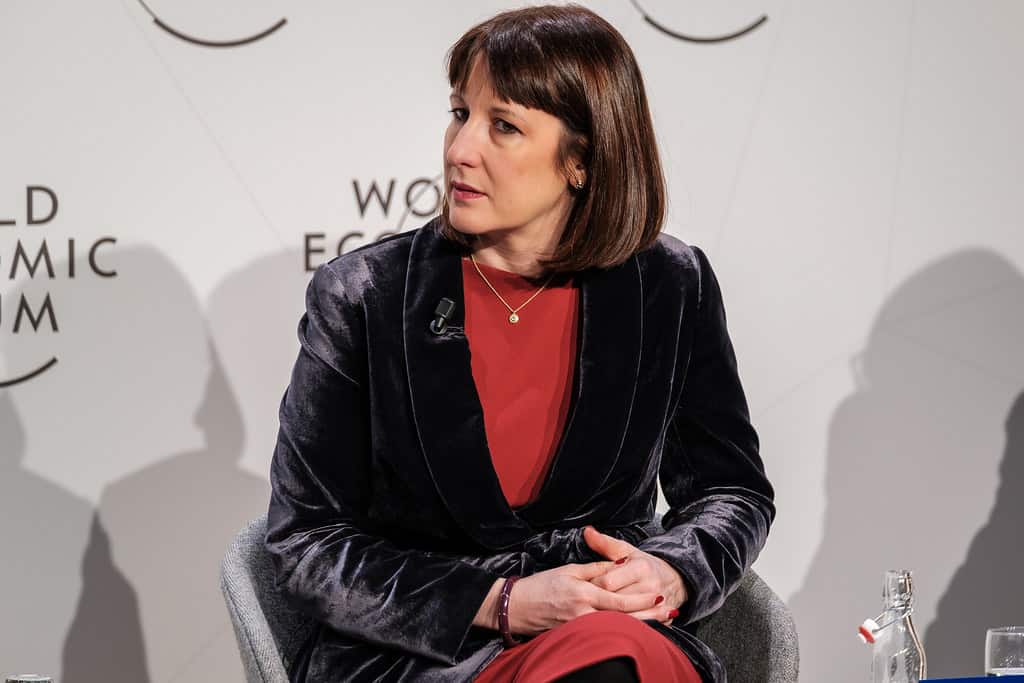Rachel Reeves deludes herself if she thinks that ruling out a wealth tax will demonstrate Labour’s economic competence to most voters, when clearly what most want is an increase in economic security.
Despite this, Labour, with its increasing emphasis on a Tory-lite programme of reducing the national debt and ditching its wealth tax promises, is rapidly moving away from the policies needed to provide such security.
What is required is a massive increase in expenditure on social and green infrastructure, and on the wages and conditions of those working in these areas. This is the approach needed to meet voters’ desire for a rapid reduction in financial insecurity, and a hope-inducing social and green new deal.
It seems that everybody on the left of politics, except Rachel Reeves and the Labour Party leadership, wants a wealth tax right now. We need to tax wealth more – Richard Murphy agrees. However having been a chartered accountant and tax practitioner for more than 40 years, over that period he has been involved in settling many contentious tax disputes with HM Revenue and Customs, including with regard to establishing asset values for the purposes of taxation.
As a result, he knows just how hard this is. First, valuing a ‘normal’ house is easy. Just look on Zoopla. Likewise, valuing quoted shares is easy. Just look in the FT.
But valuing the ‘one-off’ properties in which the wealthiest live is not down to looking at Zoopla. And valuing shares in private companies, which are never traded, can be very hard and is open to serious disagreement and dispute.
And whilst for many of us valuing our household effects is not hard – because it comes to not a lot overall, the wealthy have collections of the most ridiculous things that might be really hard to value.
What is more, the wealthy also have the money, the lawyers, and the accountants to question any valuation HM Revenue and Customs may propose for wealth tax purposes. In that case, the cost of collecting a wealth tax will be very, very high.
What Richard has been looking at is how we could raise substantially more tax from those with high incomes and wealth by simply tweaking existing tax rules. It could be done in a way which guarantees that very much more tax could be raised with very many fewer problems arising in the process.
It is his suggestion that making many changes to existing taxes is the way to address this issue – not least because he thinks this will raise considerably more money than a wealth tax.
For example, just one such change, which would be to eliminate the higher rate of tax relief provided on pension contributions to those who are 40 and 45 per cent taxpayers in the UK, could by itself raise at least £12.5 billion of extra tax – plus a further £2 billion in National Insurance.
That change would be simple to legislate, easy to administer, and completely fair. There can be no justification for subsidising the savings of the rich in our society by more than we subsidise the savings of everybody else.
We do need to tax wealth more. But we do not at present charge the income earned from wealth at anything like the rates charged on income from work.
And we provide the wealthy with many opportunities to save tax that are unavailable to everybody else. As such, we should begin the process of reform by making sure that we tax the income from wealth and from high earnings to best effect.
Richard has identified more than thirty such tax changes and will be publishing them over the next three months or so. There will be several with regard to every major tax in the UK (income tax, national insurance, corporation tax, capital gains tax, inheritance tax, value-added tax, council tax).
There will also be some significant recommendations made with regard to changing the administration of the tax system – because it is hopelessly inefficient at present.
In a recent Labour Together report What Women Want – Why women will decide the next election what was mentioned time and time again are women’s concerns about ‘financial INSECURITY’, plus their desire for improvements in health, housing, the environment and social care. .
Despite this, Labour, with its increasing emphasis on an austerity-lite programme of reducing the national debt, is rapidly moving away from the policies needed to provide a massive increase in expenditure on social and green infrastructure, and on the wages and conditions of those working in these areas.
This is the approach required to address women voters’ desire for a rapid reduction in financial insecurity, and what instead might be termed a hope-inducing social and green new deal.
The What Women Want report ends by asserting that women voters are not tribal and that five million women voters are still undecided about who to vote for.
This means that Rachel Reeves must rethink Labour’s obsession with debt reduction, and instead explain how she is going to pay for the massive increase in public expenditure needed to provide what she has termed ‘securonomics’
Picture by: World Economic Forum. Copyright: wdfotografie.ch





